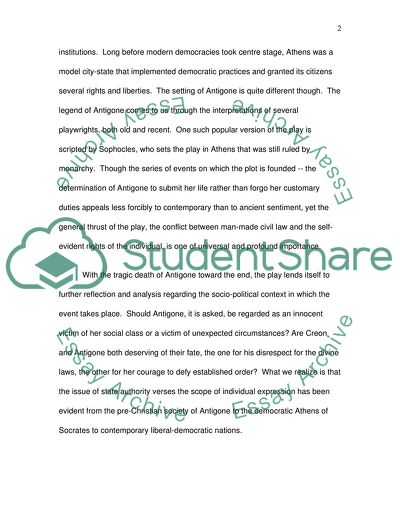Cite this document
(Are Modes of Resistance Different in Democracies than in Monarchies Essay Example | Topics and Well Written Essays - 1250 words - 2, n.d.)
Are Modes of Resistance Different in Democracies than in Monarchies Essay Example | Topics and Well Written Essays - 1250 words - 2. https://studentshare.org/politics/1731706-political-theory
Are Modes of Resistance Different in Democracies than in Monarchies Essay Example | Topics and Well Written Essays - 1250 words - 2. https://studentshare.org/politics/1731706-political-theory
(Are Modes of Resistance Different in Democracies Than in Monarchies Essay Example | Topics and Well Written Essays - 1250 Words - 2)
Are Modes of Resistance Different in Democracies Than in Monarchies Essay Example | Topics and Well Written Essays - 1250 Words - 2. https://studentshare.org/politics/1731706-political-theory.
Are Modes of Resistance Different in Democracies Than in Monarchies Essay Example | Topics and Well Written Essays - 1250 Words - 2. https://studentshare.org/politics/1731706-political-theory.
“Are Modes of Resistance Different in Democracies Than in Monarchies Essay Example | Topics and Well Written Essays - 1250 Words - 2”. https://studentshare.org/politics/1731706-political-theory.


